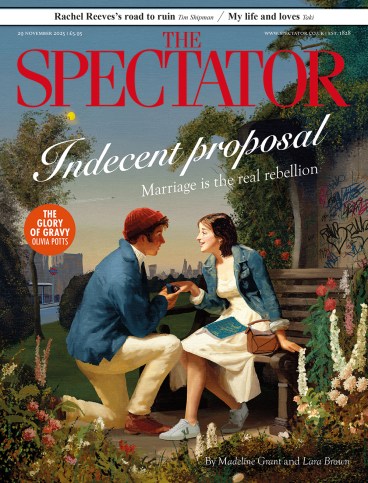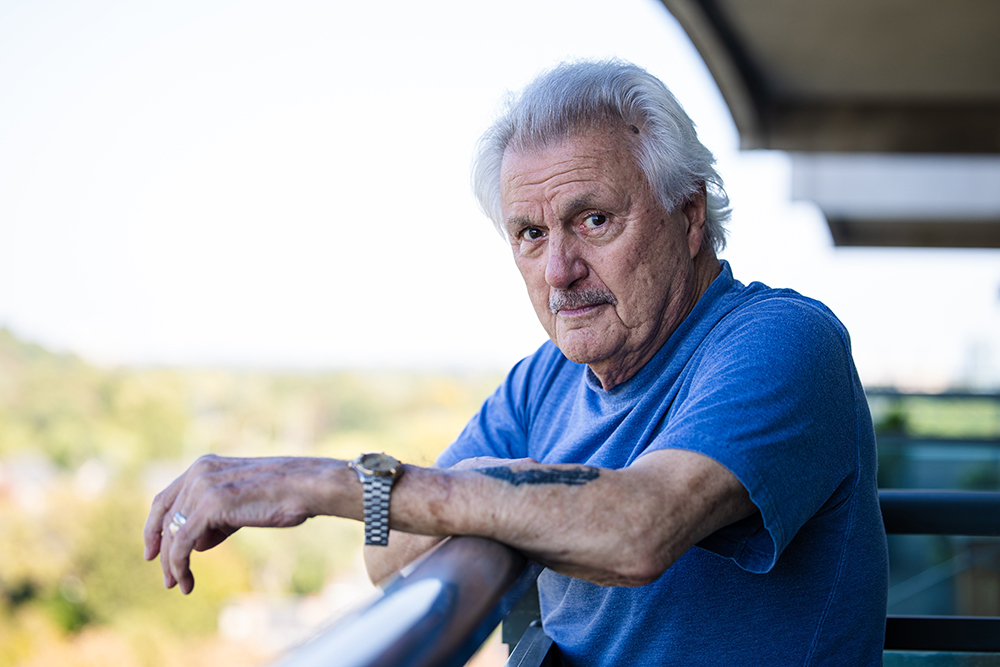
Back in the 1980s and 1990s everyone read John Irving, or so it seemed. You had to have a copy of A Prayer for Owen Meany, The World According to Garp, The Hotel New Hampshire and The Cider House Rules. After a while even the most obtuse reader realised that a novel by John Irving was very likely to contain elements that had appeared in other John Irving novels. In fact, a friend of mine invented John Irving Bingo: cross off a box every time one of the following is mentioned: an orphanage; bears; Vienna; sex that is in some kind of way weird; and sudden acts of violence, usually brought about by ill luck or something worse. I remember in Owen Meany when someone, being given a blow job in a parked car, has his penis bitten off when another car rams into his from behind (because he is parked where he shouldn’t have been, if I recall correctly).
We tick off a few of these boxes quite quickly in Queen Esther. In fact there’s even the same orphanage as there was in The Cider House Rules, of which I recall not a word, alas. No bears, though. The Esther of the title is an inmate there for her early years. We first meet her as a preternaturally articulate three-year-old, who, it soon becomes clear, is the kind of person who is a strong moral force of unshakable determination, and completely unbound by conventionalities.
The most interesting thing about Esther is that she is Jewish, and that she knows this at an age when most children have only just got the hang of their names. Aged 14, she is adopted by the Winslows. The father is an English teacher with a fondness for Dickens; the mother a librarian. They are fiercely atheistic and the good people of their home town, Penacook, New Hampshire, are routinely scandalised by them. Atheists though they are, they loathe anti-Semitism, and good for them.
Esther’s unconventionality is expressed in two striking ways. First, she wants a tattoo. Not just any old tattoo, but a quotation from Jane Eyre: ‘The more solitary, the more friendless, the more unsustained I am, the more I will respect myself.’ This is, you will agree, a lot better than ‘No regrets’, but it’s pretty unusual for pre-second world war America. (Esther was born in 1905.)
Her other oddity is her approach to becoming a mother. She wants to see what having a child is like but does not want to raise one, so she becomes a surrogate, giving her baby to Honor, one of the Winslow daughters. This child, James (or Jimmy) Winslow, will become a writer and be pretty much a stand-in for Irving himself. The novel ends with Esther, now living in Jerusalem, meeting her son at the 1981 Jerusalem book fair.
I cannot tell you how much I wanted to like this novel. It deals with important matters and is particularly timely, having been written during the war in Gaza. It’s a long, sweeping story, with countless characters, that moves across the globe. I thought I enjoyed this kind of thing, but it took me two agonising months to read it.







Comments